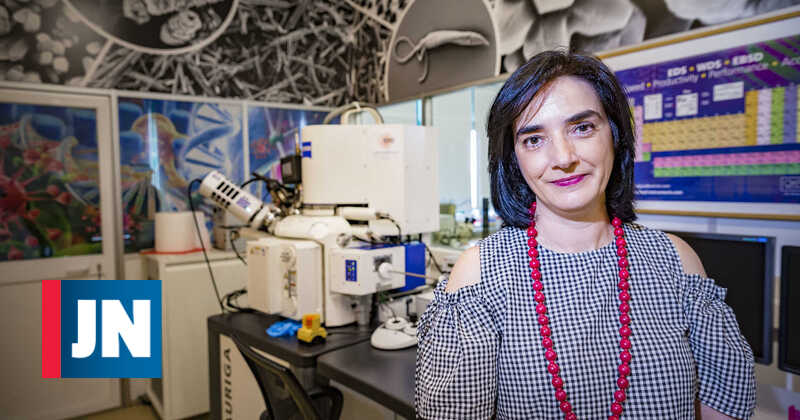Scientist Elvira Fortunato is the new Minister of Science, Technology and Higher Education, succeeding Manuel Huetor. It is one of the novelties of Antonio Costa’s new management team.
The Vice-Chancellor of the Universidad Nova de Lisboa was the first Portuguese researcher to win a 3.5 million grant to establish a laboratory dedicated to nanomaterials and nanofabrication. Engineer by training, majoring in microelectronics and optoelectronics. She was the inventor of transistor paper.
He won the Person Award last year. The jury emphasized that “the idea of using paper as an ‘electronic material’ opened the doors, in 2016, to future applications in pharmaceutical products, smart packaging or recyclable microchips, or even pages of newspapers or magazines containing moving pictures.”
“Today, we live in a world where science is fundamental. I think ordinary people have recognized the importance of science and the importance of investing in science,” he said in an interview a year ago when the award was announced.
Instability and finance ‘biggest challenges’
“Snissop [Sindicato Nacional do Ensino Superior] I congratulate and wish Professor Elvira Fortunato a good period, which we hope will be a reflection of the policies pursued by Manuel Heitor”, begins with emphasis on Mariana Gayo Alves.
The head of Snesup warns that the large number of unsettled teachers and researchers, as well as the chronic underfunding of the sector, are problems that persist and get worse without solutions. He insists that the increase in the number of students in higher education, which is very desirable and important for the development of the country, requires that the institutions have conditions.
“As a world-renowned researcher, she is well aware of the conditions in which research is being carried out in Portugal,” asserts the President of the National Federation of Teachers (Fenprof), “and one of the actions that must be done quickly is to solve the problem of instability that has plagued the entire scientific apparatus”, As Mario Nogueira insists.
The legal system for higher education institutions has yet to be assessed and reviewed, the law of which provided for its own review in 2012. “It’s been ten years, and let it also be a priority measure,” he says, noting that Fenprof has launched a petition to review the law.
“We hope, on the one hand, that it will maintain the atmosphere of dialogue, which could have been maintained with Manuel Heitor, but manages to be more consistent in solving problems.”

“Wannabe internet buff. Future teen idol. Hardcore zombie guru. Gamer. Avid creator. Entrepreneur. Bacon ninja.”

